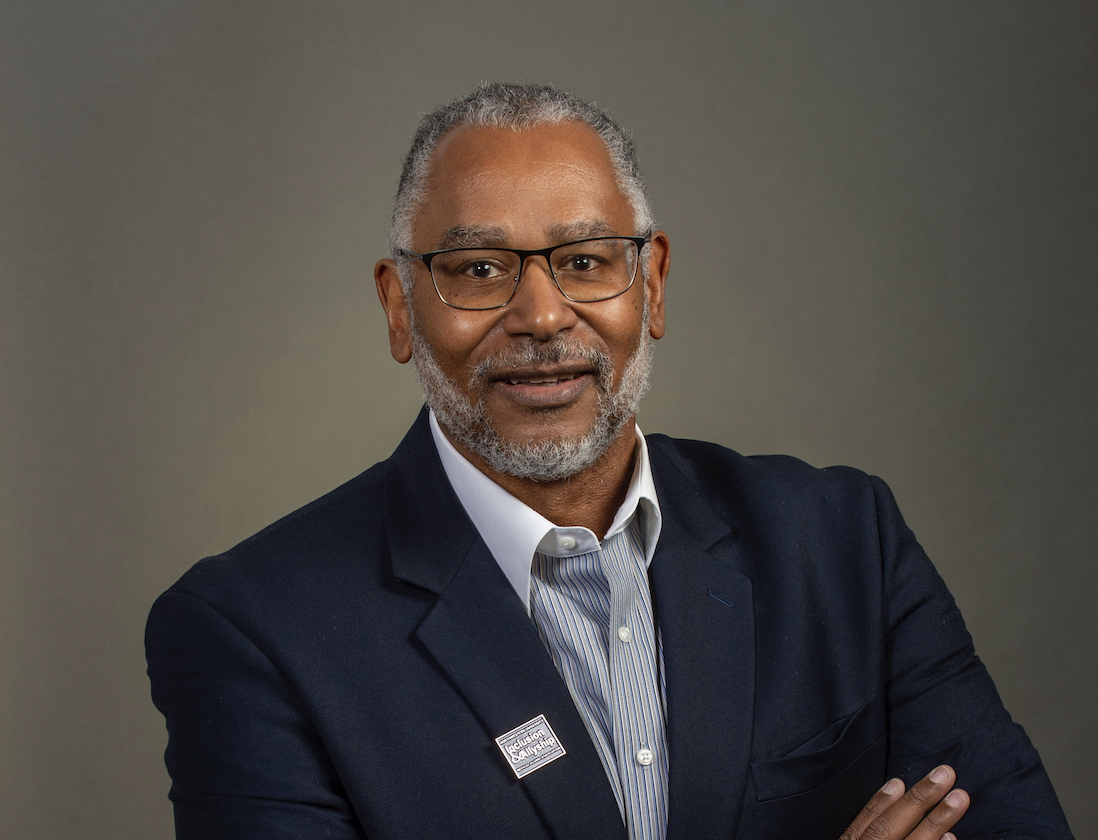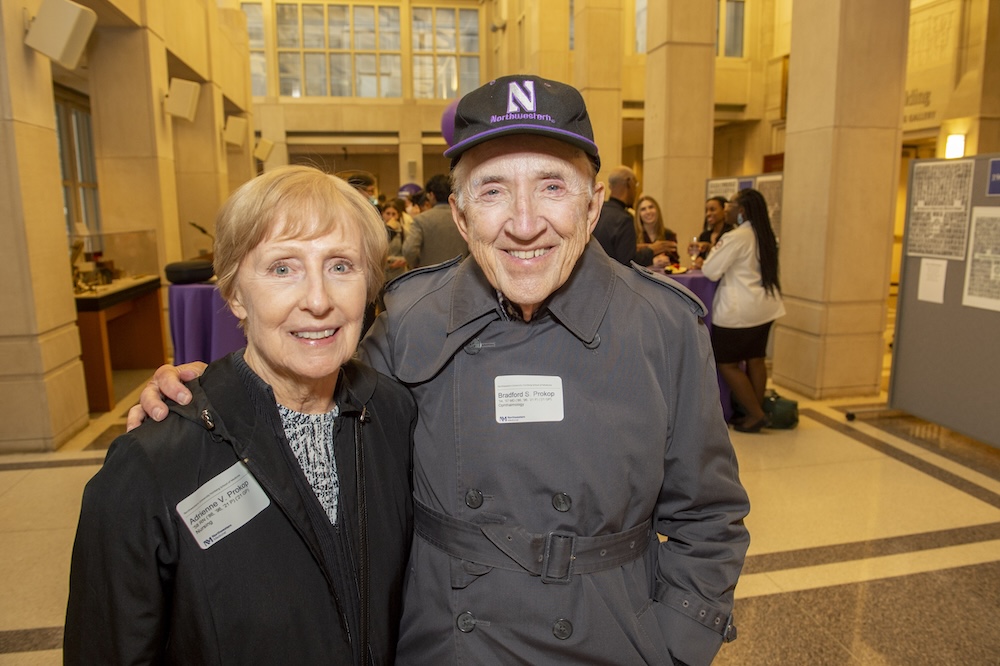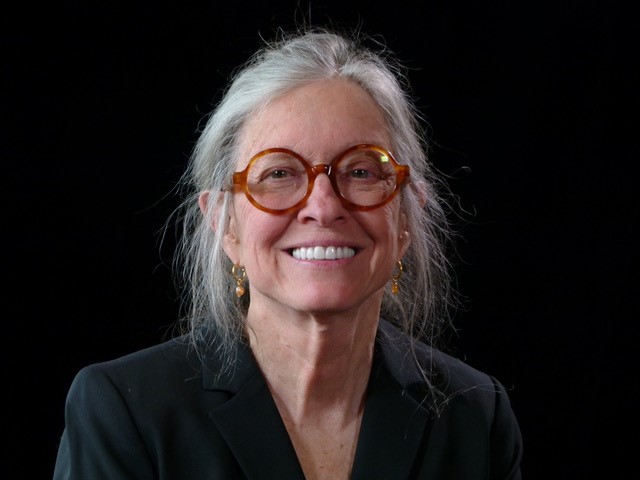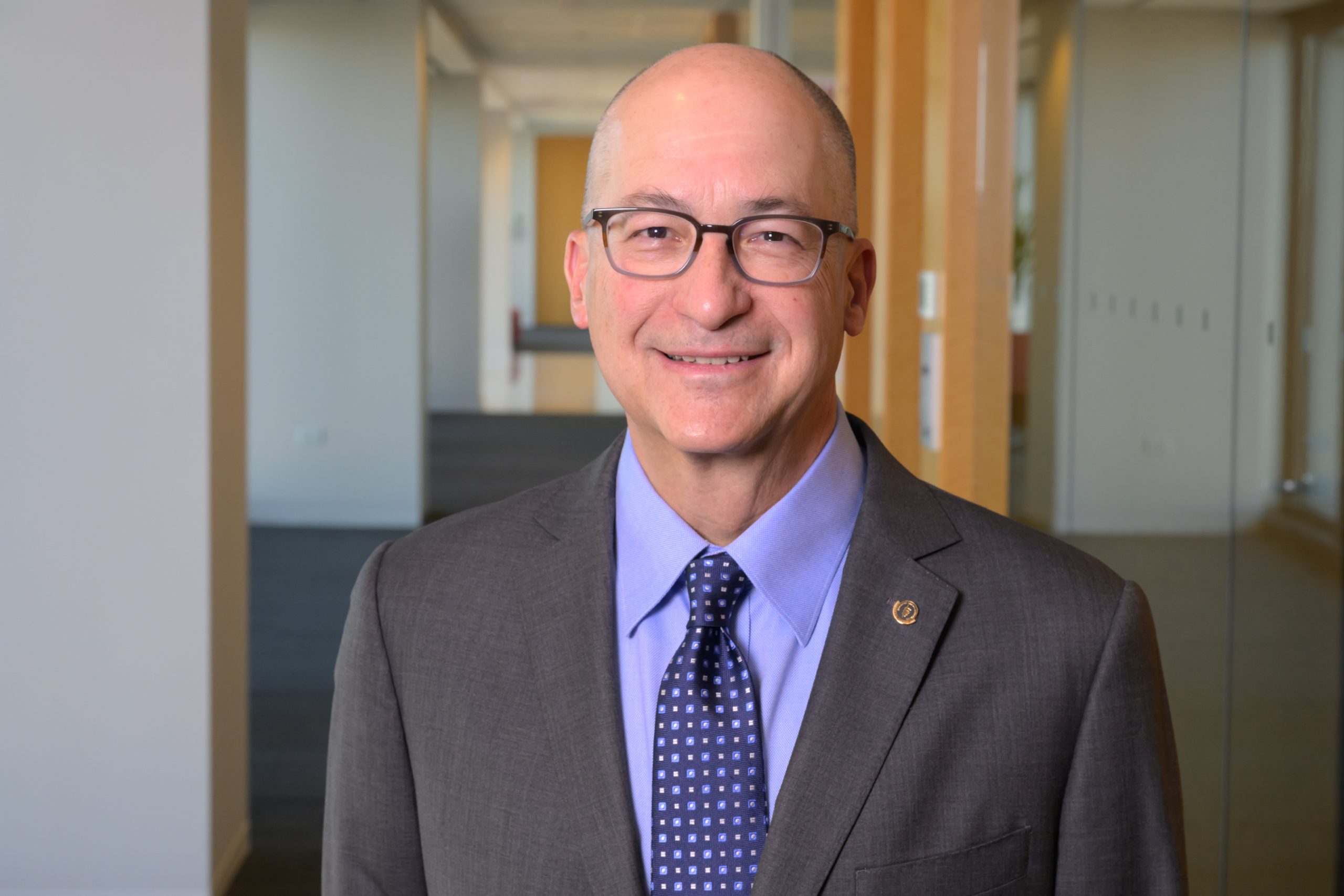Home / Alumni News / Giving
Giving
Patient’s Gift Supports Precision Medicine and Ataxia Research
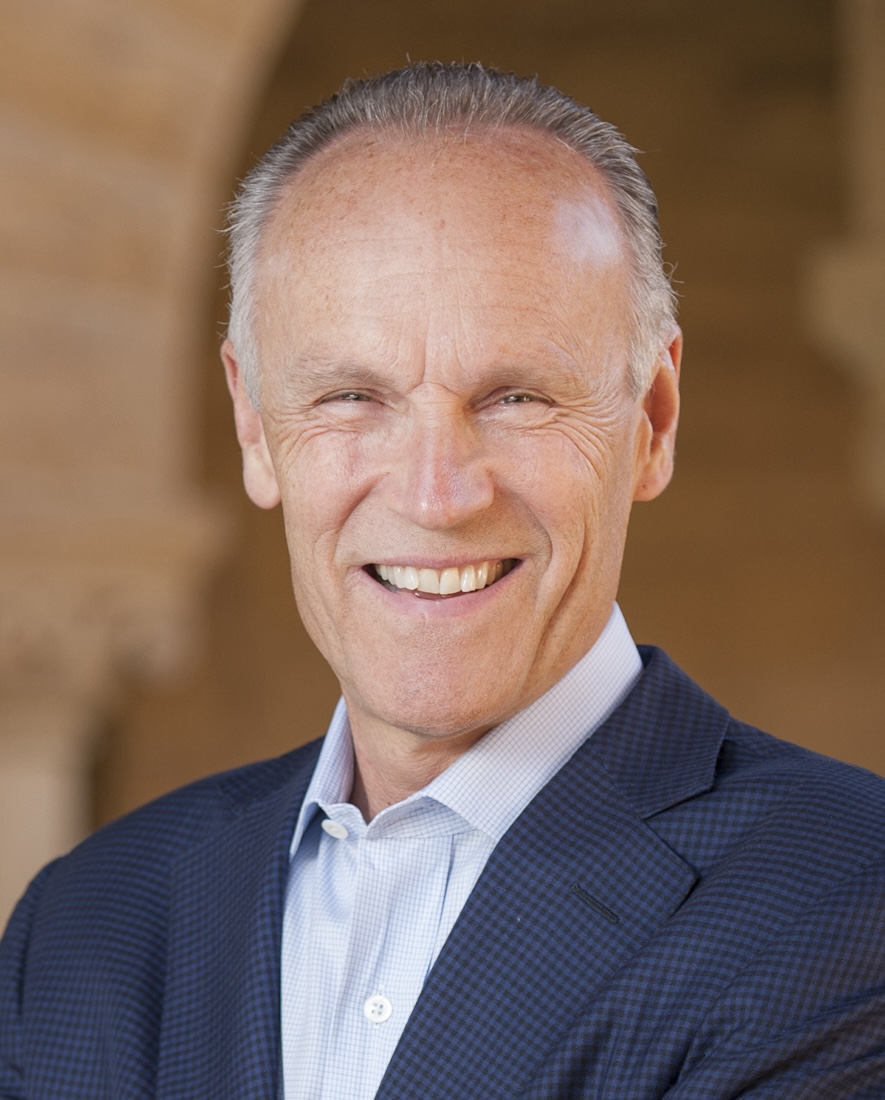
Steven Denning
Precision or “personalized” medicine can sound a lot like science fiction. In the Ken & Ruth Davee Department of Neurology at Northwestern University Feinberg School of Medicine, scientists can grow neurons from skin cells obtained from a patient and directly test the mechanisms of disease, as well as potential treatments, on these patient-specific neurons.
Steven Denning, a prominent businessman and philanthropist from Greenwich, Connecticut, was referred to neurologist Dimitri Krainc, MD, PhD, the Aaron Montgomery Ward Professor, director of Simpson Querrey Center for Neurogenetics and Feinberg Neuroscience Institute, and chair of the Ken and Ruth Davee Department of Neurology, for his symptoms in 2021. With help from Krainc’s state-of-the-art lab capabilities and clinical and research specialists, he was diagnosed with CANVAS, a recently identified condition characterized by cerebellar ataxia and neuropathy. Knowing the diagnosis, which was informed by genetics, Krainc and his associates were able to design a plan for the development of potential treatments.
The word “ataxia” means lack of coordination. People with ataxia have problems with balance and coordination when they move, and it emerges as a symptom caused by different diseases. The condition can also affect speech.
As a patient, Denning was impressed with the precision medicine techniques developed in Krainc’s lab. In September 2023, he and his wife Roberta donated generously to help strengthen and sustain Krainc’s program. The department also plans to establish the Denning Ataxia Center, capitalizing on the infrastructure already available within the department and the clinic’s designation last year as an Ataxia Center of Excellence.
“My ultimate hope is that [Krainc] and his team studying CANVAS can come up with a therapeutic to address the balance issues that are prevalent in the diagnosis,” Denning says.

A NEW ERA OF THERAPEUTICS
Scientists at Northwestern aim to bring precision medicine into the mainstream—all under one roof.
Krainc leads the Simpson Querrey Center for Neurogenetics, which comprises a network of colleagues across the medical school, health system, and university. The center promotes integrated and multidisciplinary approaches to biobanking, genetic testing, studies of disease mechanisms, drug discovery, and clinical trials—the core tenets of its mission. It has distinguished itself from similar initiatives by providing a centralized and coordinated program that brings together clinicians and investigators in an effort to tackle the most pressing challenges in neurology.
“The unique angle of our program is how we strategically recruited experts from different areas of science and medicine to develop all components of precision medicine in a coordinated manner,” Krainc explains.
To provide personalized medicine for a patient with a neurological disease, neurologists first obtain information about the patient’s genetics and clinical features then conduct a skin biopsy. In the lab, the patient’s skin cells are reprogrammed into stem cells that are then differentiated into neurons. Scientists study such neurons to decipher mechanisms of disease that are unique to the patient and, ultimately, test potential treatments.
Denning led an active life prior to the onset of his CANVAS symptoms, co-founding and serving as chairman of General Atlantic LLC, a global private equity firm, and as board chairman at Stanford University, in addition to other nonprofit board service. His ataxia symptoms affected his ability to do activities he once enjoyed, such as running, hiking, and skiing. He said he appreciated Krainc’s bedside manner and realistic but warm approach.
“His approach is one that leaves me with great hope for eventual treatment, which is important in coping with a disease that can take away hope,” Denning says.
This story was originally published in the March 2024 issue of The Philanthropist.




